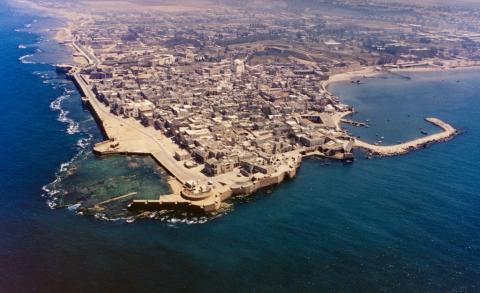During part of the Master’s trip East in the United States ‘Again He would not take Pullman accommodations, even though requested by the friends, saying that they should not be dependent on bodily comforts: “We must be equal to the hardships of traveling like a soldier in the path of Truth and not be slaves to bodily ease and comfort.”’ The next night the little five-member body of people accompanying ‘Abdu’l-Bahá apparently did not suggest Pullman accommodations. Were these people learning to travel like soldiers ‘in the path of Truth’? ‘In any event ‘Abdu’l-Bahá told them to reserve six berths for that night because too much austerity was not good. They suggested that perhaps only one might be secured for Him, and He replied, “No, we must share equally.”’
Moderation
Mr George Latimer, writing of a visit to the Master, quoted Him as saying, ‘You must be very moderate. Consider the taste of the public. This is the best policy. Moderation, moderation. You must speak and write in such a manner as not to offend anyone. The Lord addressed Moses and Aaron saying, “When you go to Pharaoh, speak in a moderate, sweet language.”’
One day ‘Abdu’l-Bahá learned that a lady had cut her lovely hair in order to contribute to the building of the House of Worship in Wilmette. He wrote to her with loving appreciation: ‘On the one hand, I was deeply touched, for thou hadst sheared off those fair tresses of thine with the shears of detachment from this world and of self-sacrifice in the path of the Kingdom of God. And on the other, I was greatly pleased, for that dearly-beloved daughter hath evinced so great a spirit of self-sacrifice as to offer up so precious a part of her body in the pathway of the Cause of God. Hadst thou sought my opinion, I would in no wise have consented that thou shouldst shear off even a single thread of thy comely and wavy locks; nay, I myself would have contributed in thy name for the Mashriqu’l-Adhkar. This deed of thine is, however, an eloquent testimony to thy noble spirit of self-sacrifice.’
When Anna and Jakob Kunz were on pilgrimage in 1921, the Master said to them, ‘Everything must be done moderately. Excess is not desirable. Do not go to extremes. Even in thinking do not go to excess but be moderate.’
